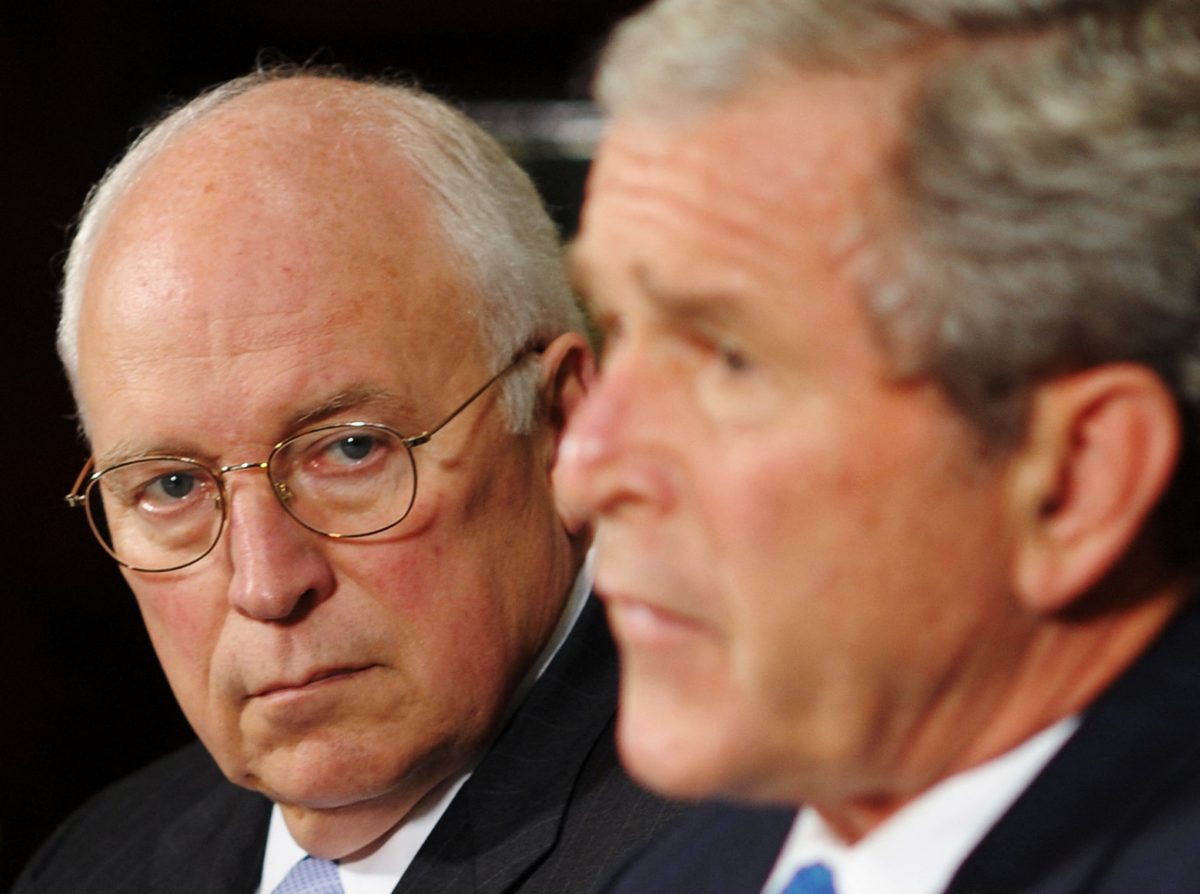Former U.S. Vice President Dick Cheney has undergone a dramatic transformation in his political career, evolving from a key architect of the Iraq war to one of the most vocal critics of former President Donald Trump. Cheney’s legacy is marked by controversy and conflict, particularly regarding the war that claimed thousands of lives and tarnished America’s image worldwide.
As vice president under George W. Bush, Cheney was widely criticized for his role in promoting the Iraq war. He was seen as a primary force behind the decision to invade, often accused of manipulating intelligence to justify military action. The war resulted in the deaths of approximately 4,500 American servicemen and women and over 200,000 Iraqi civilians, alongside the financial burden of trillions of dollars. The infamous Abu Ghraib prison scandal, which exposed severe human rights violations, is also part of Cheney’s controversial legacy.
In the aftermath of the September 11 attacks, Cheney was in a secure bunker beneath the White House, where he made the chilling decision to authorize the shooting down of a commercial plane approaching Washington, D.C. His calm demeanor and decisive actions during a national crisis underscored his reputation as a tough, no-nonsense politician.
Despite his tough image, Cheney’s political journey took a significant turn as he became a leading figure among the Never Trump Republicans. His opposition to Trump was highlighted during the 2015 Republican primary, where Cheney openly criticized Trump’s foreign policy stance and questioned his understanding of military matters. Trump, in return, labeled the Iraq war a “big, fat mistake,” which further intensified their rivalry.
The relationship between the two men deteriorated following Trump’s refusal to accept the outcome of the 2020 presidential election. Cheney grew increasingly alarmed over Trump’s actions, particularly his attempts to undermine the democratic process. He took the unusual step of collaborating with former defense secretaries to issue a public statement warning against any military involvement in overturning the election results. Their letter, released on January 3, 2021, called for Trump to accept his defeat and respect the Constitution.
The turning point in Cheney’s opposition to Trump came with the events of January 6, 2021, when a mob of Trump supporters stormed the U.S. Capitol in an attempt to disrupt the certification of the election. Cheney’s daughter, Liz Cheney, who was serving as the third-ranking Republican in the House of Representatives, publicly condemned Trump for inciting the violence. In a moment that underscored their united front, both Cheneys attended a bipartisan ceremony commemorating the attack, standing out among their Republican colleagues who largely remained silent.
Liz Cheney’s staunch opposition to Trump led to her own political isolation within the party. She faced censure from Republican peers and became a target of Trump’s ire, which included his derogatory remarks about her and her father. Despite this, Dick Cheney publicly supported his daughter, declaring his pride in her resolve to prevent Trump from returning to the Oval Office.
As the Republican Party grapples with its identity, the divide between Cheney’s traditional conservatism and Trump’s populism has become increasingly pronounced. Trump’s America First agenda has reshaped the party’s platform, with a notable shift away from military interventions and traditional Republican values. This change has left Cheney and his allies feeling marginalized.
Looking ahead, Trump has hinted at a potential run for the presidency in 2024, raising concerns among Cheney and others about the future of the Republican Party. Should Trump choose to pursue a third term, the political dynamics within the party will continue to evolve, reflecting the ongoing struggle between traditional conservative values and the new direction embraced by Trump and his supporters.
In a recent statement, Cheney remarked on the importance of upholding democratic norms, stating, “There has never been an individual who is a greater threat to our republic than Donald Trump.” His commitment to these principles, even in the face of adversity, signifies a notable chapter in American political history, highlighting the ongoing battle for the soul of the Republican Party.







